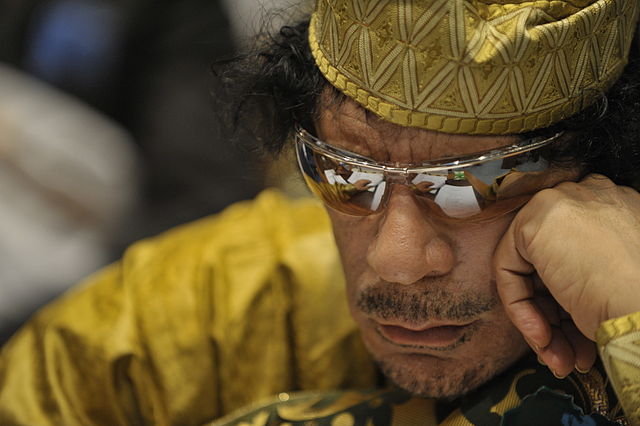Libya’s experience does indeed weigh heavily on the thinking of North
Korean officials, who have taken explicit notice of that experience, as
a disincentive to reaching any deals
with the United States about dismantling weapons programs. Muammar
Qaddafi’s eventual reward for negotiating away all his unconventional
weapons programs was to be slain in a ditch when the West had the first
chance to get rid of him. Going along with a European push to dispatch
Qaddafi may have been Barack Obama’s biggest foreign policy mistake.
There are other respects, however, in which the Libya model helps to
explain the collapse of the North Korea diplomatic initiative.
International sanctions on Libya that the United Nations Security
Council imposed were linked to a specific demand: the surrender for
trial of the two Libyan government employees who perpetrated the bombing
of Pan Am Flight 103 in 1988, killing 270 persons. Once Qaddafi
surrendered the two, he said to the United States through an
intermediary, “Let’s talk.” Turning over the Pan Am 103 suspects was the
start of what the Libyan leader saw as a major turnaround in his
policies, leading, he hoped, to an end to his pariah status and an
integration of his regime into the international community.

